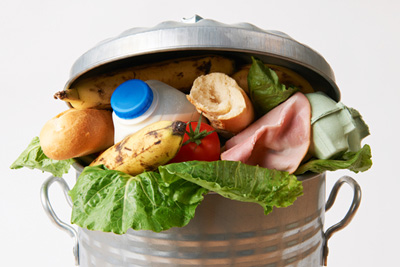EFRA Committee launches food waste inquiry
Posted: 11 July 2016 | Victoria White, Digital Content Producer | No comments yet
The EFRA Committee are to focus on consumers, the retail and hospitality sectors, and local government in their food waste inquiry…


An inquiry has been launched to look into the economic, social and environmental impact of food waste in the UK.


Although food waste occurs at all stages of the supply chain, 85% of food waste post-manufacture comes from our homes. Research shows that the average family spends £700 a year on food that is wasted.
At retail level, recent data suggests that 0.2 million tonnes of edible food and drink goes to waste annually, costing the industry £0.65 billion.
The Environment, Food and Rural Affairs (EFRA) Committee are to focus on consumers, the retail and hospitality sectors, and local government in their inquiry. The manufacturing and agriculture sectors are outside the scope of the inquiry. EFRA are to ask how far voluntary initiatives can help reduce waste or if legislation is required in this area.
Answering key questions
As part of the inquiry, the Committee is inviting written evidence that will help it answer the following key questions:
- What is the economic, environmental and social impact of food waste in England?
- What measures could be most effective in reducing food waste by retailers, the hospitality sector, local government, and consumers? These can include redistribution, recycling and recovery, and improved packaging and labelling.
- What proposals are necessary to further reduce food waste?
- How effective are existing voluntary initiatives in England and is there a need for legislation?
- What are the comparative approaches to reducing and managing food waste in the devolved nations, and across Europe?
You can submit written evidence for the EFRA committee to consider on the inquiry page. As a guideline, submissions should be no longer than 3000 words. The Committee asks for written submissions in accordance with the guidelines by Tuesday 13 September 2016.
On launching its inquiry, Chair of the EFRA committee, Neil Parish, said: “Despite the progress made reducing food waste along the supply chain, the amount of reusable, recyclable food that we throw away in the UK is still staggeringly high. Of the estimated 7 million tonnes we discard from our homes each year, nearly half is edible. Not only does this have an impact on the family purse, but the environmental cost is equally heavy. We will be asking what more can be done to reduce food waste and this needless expense to our households.”









